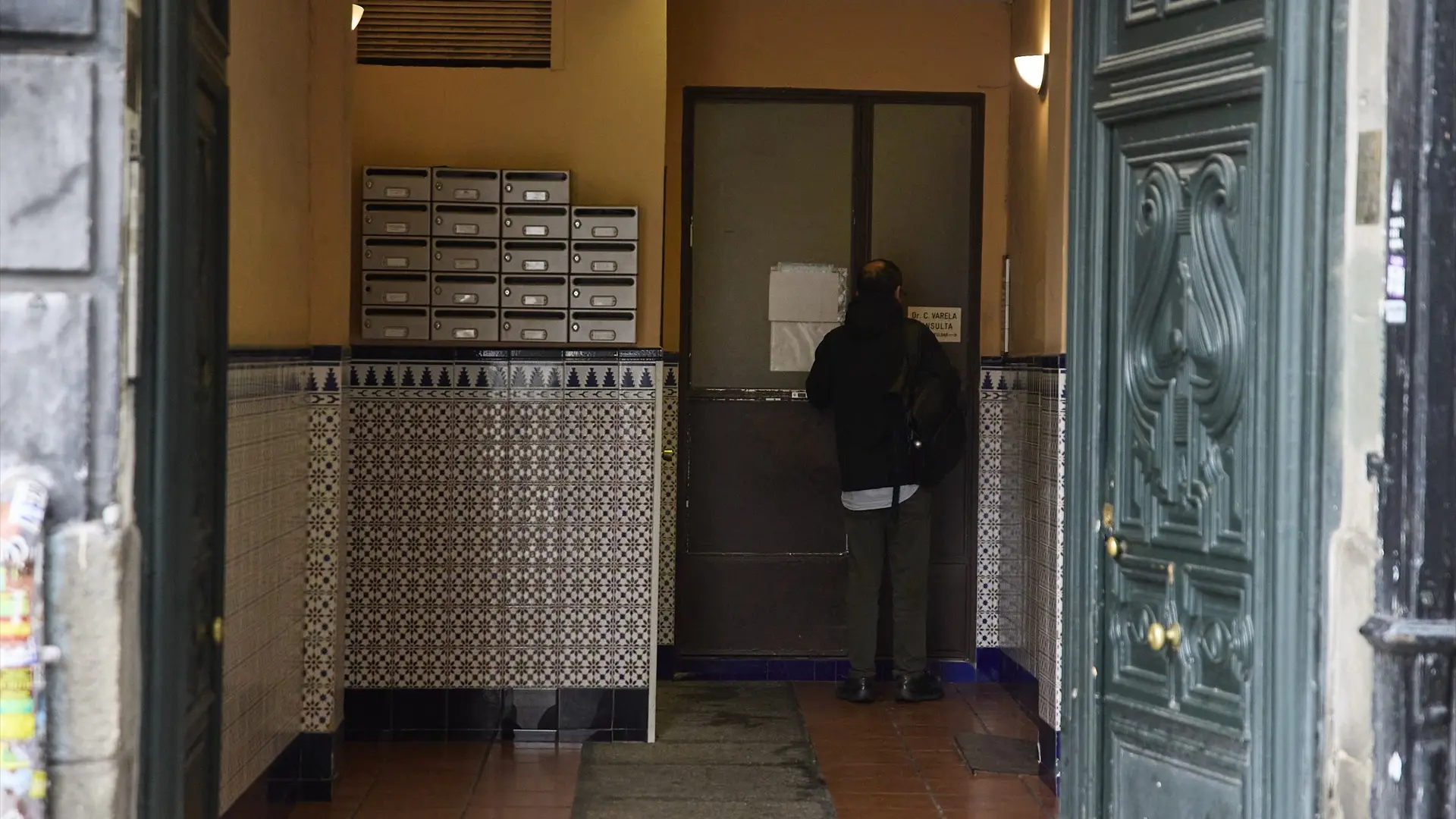The heads of the real estate portals warned of the growing phenomenon of the inquiokupación which has become the great fear of the owners when they decide to put on the market of the rental housing.
“Many would rather have their property empty than rent it out because of the strong risk that a person will stop paying you“Ferran Font, director of research at Pisos.com, pointed out during his participation in the dialogue The future of the rental housing market, current problems.
Font, who sat at the table together with the general director of the Rental Negotiating Agency (ANA), José Ramón Zurdo, and the director of Studies at Fotocasa, María Matos, lamented the difficulties faced by landlords to solve this problem “more or less quickly”.
In addition, he pointed out that in the event that the tenant declares himself vulnerable, the public administrations transfer to the landlord a responsibility that “is not theirs”.. “In this case, if we miss that these grant some kind of guarantee or protection so that if that person is vulnerable, the rents are financed in whole or in part”.
Of the same opinion is María Matos, who added that the main concern of landlords is. to know when they will be able to recover their home. “If homeowners were given the certainty that they would be able to recover their homes quickly, there would be no problems,” said Matos, who pointed out that tenants “do not have to fulfill a social function” because that is the State’s responsibility.
José Ramón Zurdo, for his part, also emphasized that this phenomenon is evidently reducing the supply of rental housing. “The owners prefer to sell their homes or move to other types of rentals such as tourist or vacation rentals,” he said.
Criminal offense
Zurdo also wanted to make it clear that inquiokupación is a criminal offense. “This is not like when a person’s contract expires and they remain in the dwelling. Here there is vocation to cheat, to become a squatter in a legal way. paying only the first month and the bond”, clarified Zurdo, who pointed out that this figure can be fought with a complaint for fraud.
He also pointed out that there are two articles of the Penal Code that regulate squatting: 202 – breaking and entering – and 245 – housebreaking. “While trespassing is punishable with jail, usurpation consists of. a simple financial finewhich makes it a very likely crime for a person to be able to enter a home without fear of anything,” he explained.
About the period in which more squatting takes place, he pointed out that it is the lapse of time in which the housing is on display for rent. “We have offered alarms to the owners free of charge during the rental period to protect homes from malicious intent,” he noted.
Finally, he proposed measures such as streamlining leasing procedures or modifying Article 37. of the Urban Leases Law, which allows that housing rental contracts can be made verbally, so that it is mandatory that they are made in writing and that they have to be registered in a public registry of leases so that the police can request this document in case of squatting.


